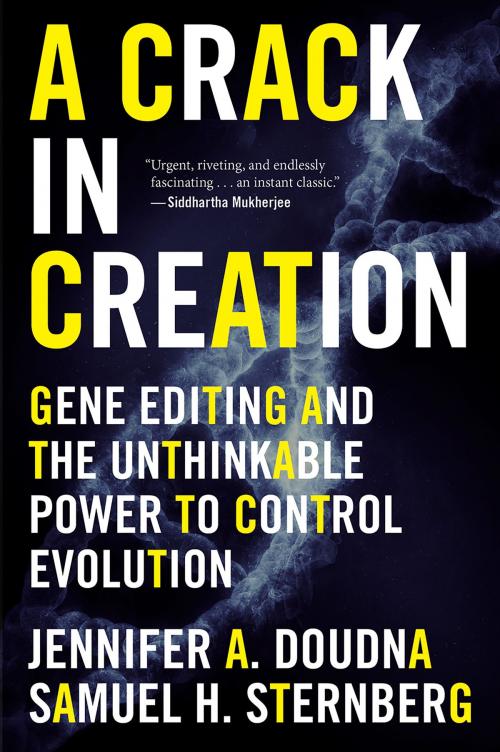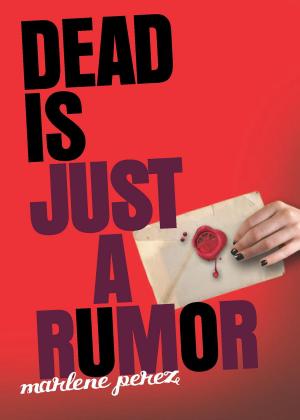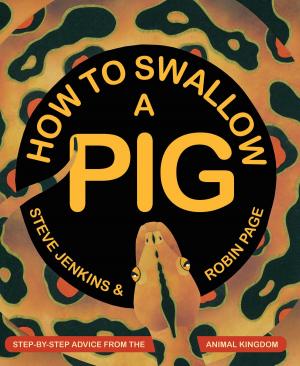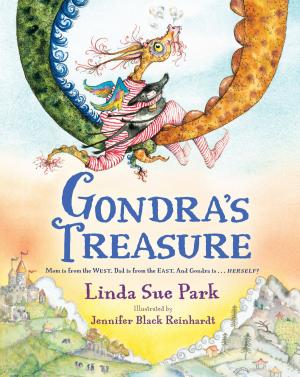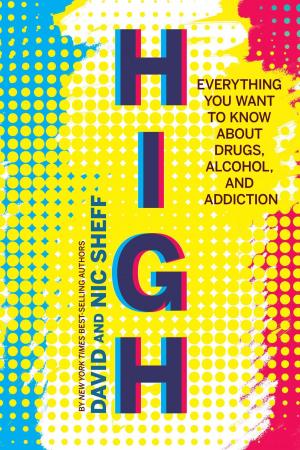A Crack in Creation
Gene Editing and the Unthinkable Power to Control Evolution
Nonfiction, Science & Nature, Science, Biological Sciences, Biotechnology, Genetics, Biology| Author: | Jennifer A. Doudna, Samuel H. Sternberg | ISBN: | 9780544716964 |
| Publisher: | HMH Books | Publication: | June 13, 2017 |
| Imprint: | Houghton Mifflin Harcourt | Language: | English |
| Author: | Jennifer A. Doudna, Samuel H. Sternberg |
| ISBN: | 9780544716964 |
| Publisher: | HMH Books |
| Publication: | June 13, 2017 |
| Imprint: | Houghton Mifflin Harcourt |
| Language: | English |
Finalist for the Los Angeles Times Book Prize
“The future is in our hands as never before, and this book explains the stakes like no other.” — George Lucas
“Required reading for every concerned citizen.” — New York Review of Books
Not since the atomic bomb has a technology so alarmed its inventors that they warned the world about its use. That is, until 2015, when biologist Jennifer Doudna called for a worldwide moratorium on the use of the gene-editing tool CRISPR—a revolutionary new technology that she helped create—to make heritable changes in human embryos. The cheapest, simplest, most effective way of manipulating DNA ever known, CRISPR may well give us the cure to HIV, genetic diseases, and some cancers. Yet even the tiniest changes to DNA could have myriad, unforeseeable consequences—to say nothing of the ethical and societal repercussions of intentionally mutating embryos to create “better” humans. Writing with fellow researcher Sam Sternberg, Doudna shares the thrilling story of her discovery and describes the enormous responsibility that comes with the power to rewrite the code of life.
“An invaluable account . . . We owe Doudna several times over.” — Guardian
Finalist for the Los Angeles Times Book Prize
“The future is in our hands as never before, and this book explains the stakes like no other.” — George Lucas
“Required reading for every concerned citizen.” — New York Review of Books
Not since the atomic bomb has a technology so alarmed its inventors that they warned the world about its use. That is, until 2015, when biologist Jennifer Doudna called for a worldwide moratorium on the use of the gene-editing tool CRISPR—a revolutionary new technology that she helped create—to make heritable changes in human embryos. The cheapest, simplest, most effective way of manipulating DNA ever known, CRISPR may well give us the cure to HIV, genetic diseases, and some cancers. Yet even the tiniest changes to DNA could have myriad, unforeseeable consequences—to say nothing of the ethical and societal repercussions of intentionally mutating embryos to create “better” humans. Writing with fellow researcher Sam Sternberg, Doudna shares the thrilling story of her discovery and describes the enormous responsibility that comes with the power to rewrite the code of life.
“An invaluable account . . . We owe Doudna several times over.” — Guardian
